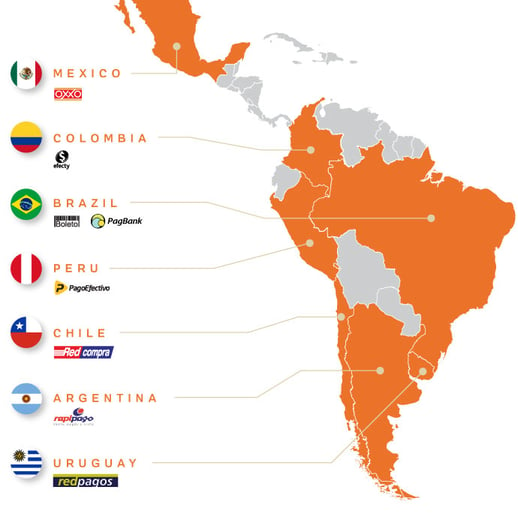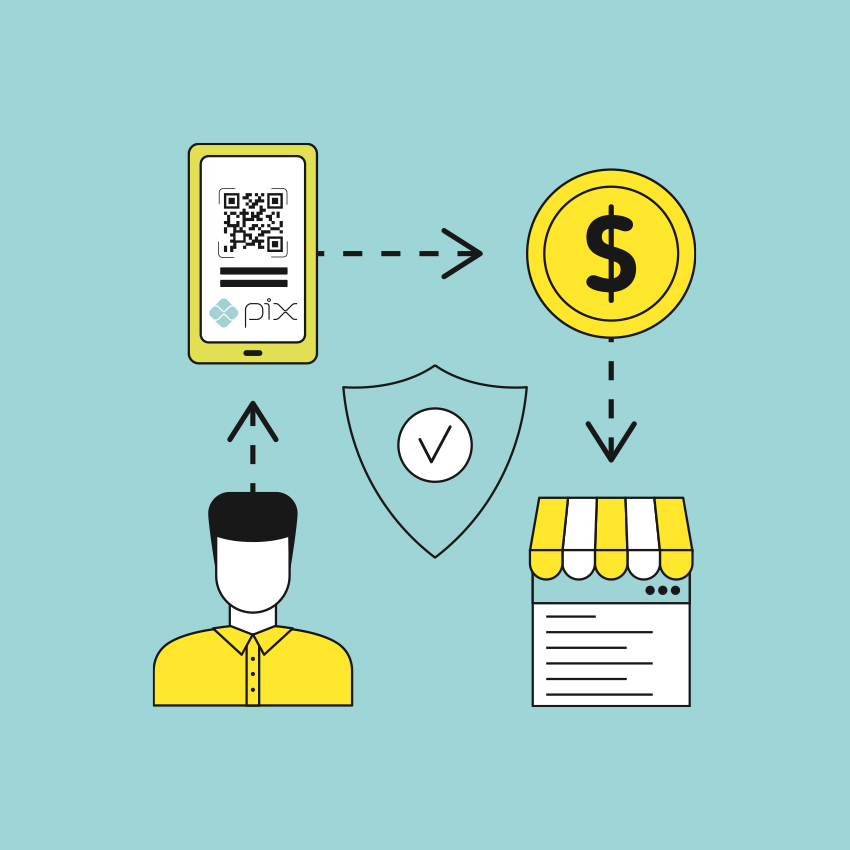Introduction
Cross-border retail volumes were predicted to increase at an annual average rate of 25% between 2015 and 2020. E-commerce is becoming a global phenomenon, with customers able to look for an item or service on any number of international websites.
However, not all countries have the same habits, needs or even methods of payment. E-commerce merchants looking to take advantage of new markets must offer products and services which appeal to their market. Additionally, their customers must be able to pay for said services in a manner which suits them.
In Latin America, this means navigating a dauntingly complex system of payment methods, regulations and liabilities. We look at how payment aggregators can aid your business in localizing your checkout process, ensuring you reach the widest possible audience.
Why Is Payment Localization So Important?
Latin America, at first glance, may seem like a fairly coherent market. The vast majority speak a common language (with the exception of Brazil) and celebrate many of the same events. However, further research demonstrates just how unique each country is.
Mexico has one of the largest unbanked populations, with only 36.9% of adults having access to financial services. As such, cash is still a very relevant payment method, with convenience chains like Oxxo facilitating cash payments for online products.
By contrast, in Brazil, 60% of local e-commerce spending is done using credit cards. However, since only 22% of credit cards are enabled for international purchases, 78% of credit card holders are unable to make purchases on most international e-commerce websites. A big loss in LATAM’s largest e-commerce market.
It is clear that a failure to localize your checkout process is likely to alienate you from many potential customers.

Is Outsourcing Right for Me?
As a business, entering a new market is already a daunting task. Add to this the need to identify the most appropriate payment methods, create unique agreements with the various payment processors and ensure you abide by the various regulations governing sales in said country, and you have an even more complex task. If you are looking at expanding to multiple countries at once this can be impossible.
Payment aggregators exist to take on some of this burden. They act as service providers through which e-commerce merchants can process their payment transactions. Importantly, they allow merchants to accept credit, debit and other payment transaction types without the need to set up a merchant account with the bank or card. The aggregator will provide the payment gateway and ensure that the amount is then transferred to your merchant account.
The Benefits of Payment Aggregation
Working with payment aggregators has a number of key benefits. Most importantly, it provides peace of mind for international businesses. Aggregators handle payments themselves, thus ensuring you are offering the best payment methods for each market. Not to mention that their local market knowledge ensures you are always up to date with any changes in payment preferences. This creates a checkout experience which is familiar and trusted by your customers, without the need to build and maintain the financial infrastructure for this service. Additionally, aggregators streamline the transfer of funds from various payment methods and currencies to your own business, and preferred currency.
Secondly, working with a payment aggregator can speed up (or even facilitate) entry into a new market. It can be complex and time consuming to set up merchant accounts with each credit or debit card provider in each country. Some merchant accounts take months for approval and come with stringent credit checks and a close scrutiny of your business model. Working with an aggregator reduces these compliance hurdles and allow your business to begin trading instantly.
Conclusion
Managing to navigate the complex world of financial agreements, tax liabilities and cross-border duties can be a daunting task for any business. Add to that the need to research and understand the payment habits of each new country you enter, and it can be impossible.
Aggregators like BoaCompra allow you to provide the smoothest checkout process to your customers, in a way tailored to each country. In doing so, you can be assured that you are reaching the widest possible customer base for your business. Get in touch with us and learn more:






